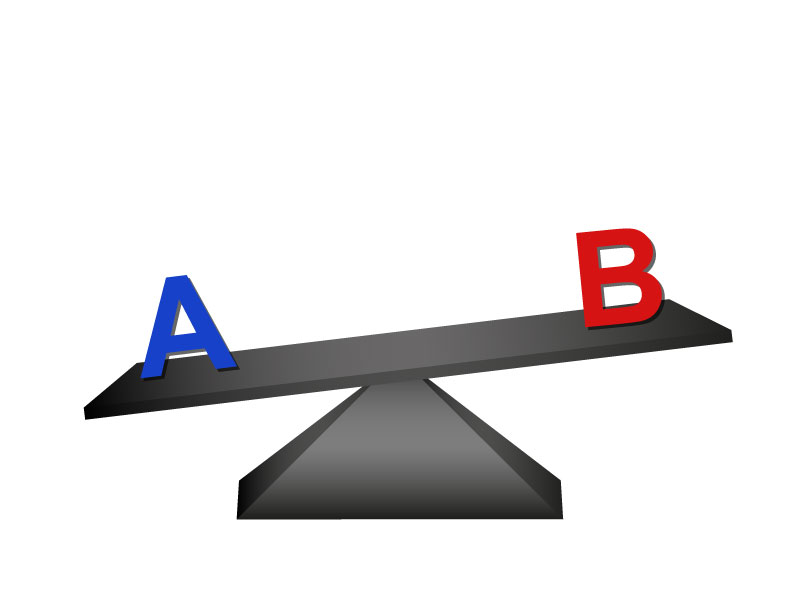[et_pb_section admin_label=”section”]
[et_pb_row admin_label=”row”]
[et_pb_column type=”4_4″]
[et_pb_text admin_label=”Text”]
Shopping around for insurance is a popular way for trying to keep premiums low. With the use of comparison sites out there, customers are able to compare a wide range of policies before purchasing their cover. But do you know how to compare insurance? How is one policy better than another?
Whatever insurance you’re looking for, whether it be for your car or home, there a few things to look out for when comparing policies.
We list the top 5 things to look out for and how to compare insurance.
-
What you’re covered for
Every policy, whether for home or car, have different levels of cover. It is important to read through your documents to make sure that everything you need to be covered is included. For example if you are in an area prone to flooding, you need to be covered for flood damage in your home insurance.
If you have a quotation that is significantly lower in premiums than the others, then it may be because there is less cover. Additionally if you are looking to lower your premiums, then lowering your level of cover can do this. For example getting fire and theft insurance for your car instead of full comprehensive will make the cost of insurance cheaper.
-
Cover limits
Another thing to monitor when you compare insurance is the cover limits. Two policies may cover the exact same things, but one may have a lower claim limit. This means there is a lower cap on how much you are able to claim. It’s important that the claim limit matches the value of what you are insuring, to make sure you are fully covered.
-
Excess
A big difference between insurance policies is the excess. This is how much you will have to pay every time you make a claim.
Many put their excess up as this brings down the cost of their insurance. But some insurers may make it high as part of their standard cover. Compare the excess to make sure that it is a realistic amount to be paid if you do have to make a claim.
-
Payments
There are a few ways you can pay for insurance policies. Insurance with small premiums will expect you to pay the full amount upfront.
However insurance with higher premiums, such as house or car insurance, will offer the ability to pay in monthly installments. This will be split between a deposit and payments over a certain period, such as 9 or 10 months. It’s important to make sure that they offer a way for you to make monthly affordable payments. One insurer may have a better option for payments, even if they are more expensive.
-
Admin Fees
Admin charges can vary insurer to insurer. If you think you will have to make changes to your policy, for example if you know you are about to move house or change cars, then it’s best to check what they are before taking out a policy.
Have you saved money by shopping around for your insurance? Let us know your stories in the comments below!
[/et_pb_text]
[/et_pb_column]
[/et_pb_row]
[/et_pb_section]



